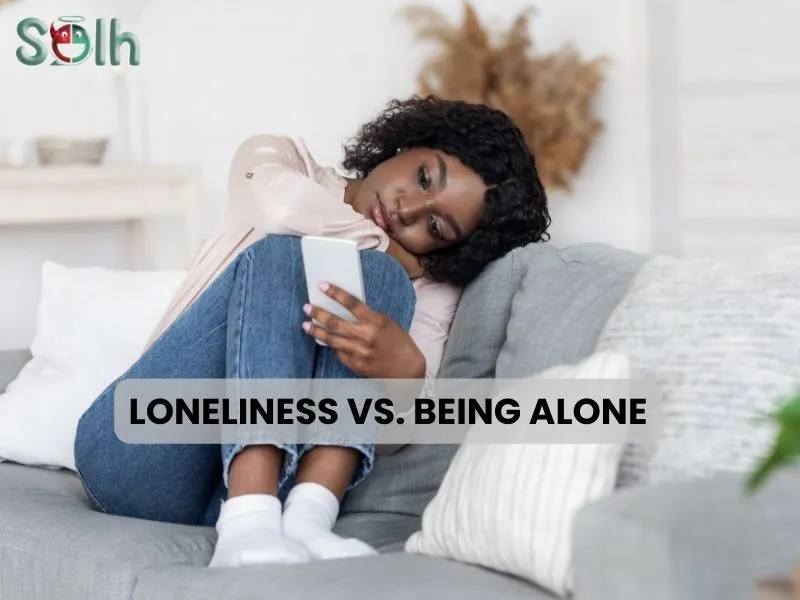Mental health education is often seen as a taboo topic in many parts of our country, which can lead to people feeling ashamed or embarrassed to seek help. This is true for rural areas with limited primary education and awareness access. As a result, it can be incredibly challenging for individuals in these communities to obtain the proper knowledge and understanding of mental health.
Why is there a lack of mental health knowledge in Rural Areas
In rural areas, multiple factors affect the reach of mental health knowledge. These factors include lack of awareness and communication channels. As a result, persons living in these places may lack access to crucial mental health information, leading to misunderstandings and misconceptions. Some of these factors include.
- Limited access to mental health services is a prevalent challenge in rural areas due to a shortage of mental health professionals and resources.
- The stigma surrounding mental health is prominent in rural communities and contributes to underdiagnosis and undertreatment.
- Socioeconomic challenges and geographic isolation exacerbate mental health issues in rural areas.
- Occupations such as agriculture can contribute to occupational stress and impact mental well-being.
Impact on mental health by lack of education
A lack of education can significantly impact mental health in several ways. Firstly, it can result in a lack of awareness and understanding of common mental health conditions, their symptoms, and available treatment options. This results in delays in seeking help, misunderstandings, and the perpetuation of mental health stigma. Negative attitudes, social isolation, and barriers to seeking support can arise due to stigma and discrimination towards individuals with mental health conditions resulting from a lack of education. Additionally, when people are unaware of mental health conditions, they may misinterpret symptoms or dismiss them as personal weaknesses or character flaws, leading to further delays in diagnosis and treatment.
How education helps in Mental Health
Individuals' lives are enriched by education, which teaches them about mental health and how to cope with common disorders. Some of the advantages of mental health education include:
- Education helps with early identification and intervention for mental health issues, enabling rural residents to seek timely support.
- Education provides coping skills and resilience-building strategies for managing stress and adversity in rural environments.
- Education improves access to mental health resources, services, and support networks in rural areas.
- Education is essential for training and supporting healthcare professionals in rural areas.
- Education promotes community participation and encourages people to promote mental health in their communities actively.
Conclusion
Knowledge about mental health is crucial, and sharing that knowledge with others is essential. Awareness of mental health can help us recognize the signs & symptoms of mental illness, and by educating others, we can create a more informed and supportive community.
If you're searching for self-help solutions for mental health or want to increase your knowledge about common mental disorders, Solh Wellness is here to help. We offer a variety of tools and solutions, including self-help resources, community support, and professional services, to help you improve your mental health. Don't hesitate to connect with us and elevate your mental wellness today. Download the Solh App and take a step towards better mental health and life.



